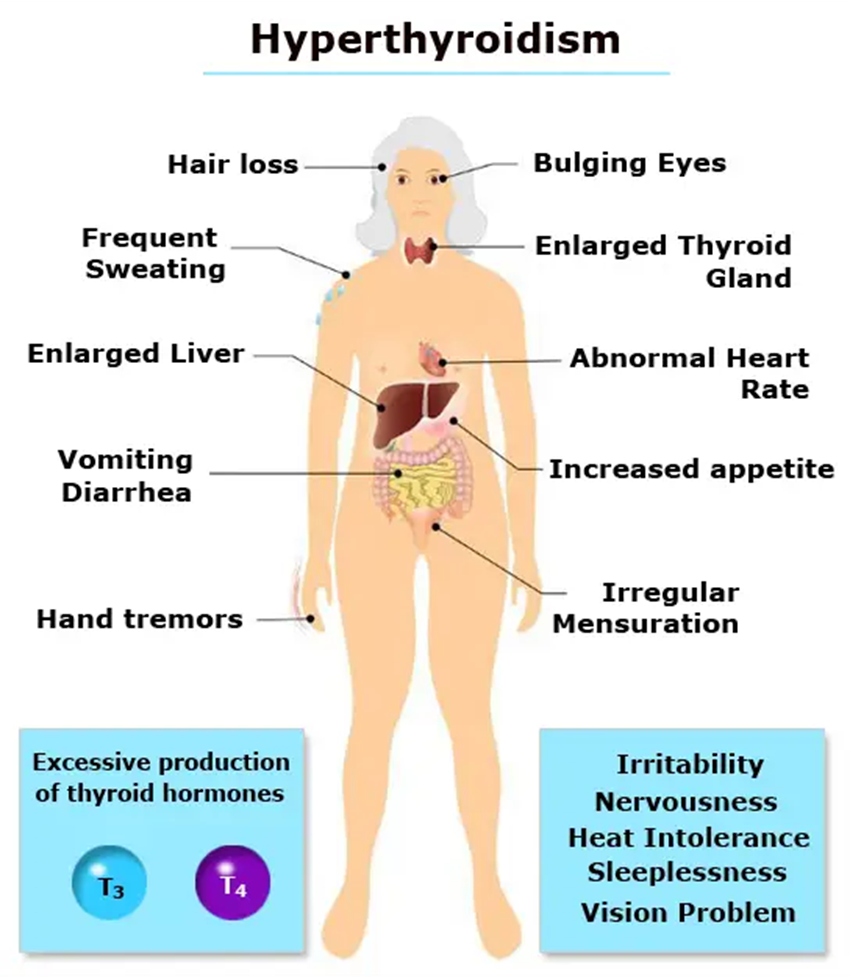A client with chronic kidney disease has chronic anemia. What pharmacologic alternative to blood transfusion may be used for this patient?
Erythropoietin (Epogen)
Eltrombopag (Promacta)
GM-CSF (Leukine)
Thrombopoietin (TPO)
The Correct Answer is A
A. Erythropoietin (Epogen):
Explanation: Erythropoietin is a hormone that stimulates the production of red blood cells. In chronic kidney disease, especially when associated with anemia, the production of erythropoietin by the kidneys may be reduced. Erythropoietin (Epogen) is commonly used to stimulate the production of red blood cells and manage anemia in patients with chronic kidney disease.
B. Eltrombopag (Promacta):
Explanation: Eltrombopag is a medication used to stimulate the production of platelets and is primarily indicated for conditions associated with thrombocytopenia (low platelet count). It is not used to treat anemia associated with chronic kidney disease.
C. GM-CSF (Leukine):
Explanation: Granulocyte-macrophage colony-stimulating factor (GM-CSF or Leukine) is a medication that stimulates the production of white blood cells and is used in certain conditions to address decreased white blood cell counts. It is not typically used for managing anemia.
D. Thrombopoietin (TPO):
Explanation: Thrombopoietin is a hormone that stimulates the production of platelets. Medications that mimic the action of thrombopoietin, such as romiplostim and eltrombopag, are used to treat thrombocytopenia. Thrombopoietin is not used for the treatment of anemia.
Nursing Test Bank
Naxlex Comprehensive Predictor Exams
Related Questions
Correct Answer is A
Explanation
A. Frequent mood changes:
This is correct. Hyperthyroidism is associated with increased levels of thyroid hormones, which can affect the nervous system and lead to mood changes, including irritability and anxiety.
B. Weight gain of 11 lbs in 3 weeks:
Weight loss is more characteristic of hyperthyroidism due to increased metabolism. Rapid weight gain is not typical.
C. Sensitivity to cold:
Sensitivity to cold is more characteristic of hypothyroidism, where there is a deficiency of thyroid hormones.
D. Constipation:
Constipation is more commonly associated with hypothyroidism, where there is a slowing of the digestive system.

Correct Answer is D
Explanation
A. Respiratory acidosis:
This occurs when there is inadequate ventilation, leading to an accumulation of carbon dioxide (CO2) in the blood. In the context of a nasogastric tube attached to low suction, respiratory acidosis is not the primary concern. It is more associated with conditions like respiratory depression or lung diseases.
B. Metabolic acidosis:
Metabolic acidosis results from an excess of acid or a loss of bicarbonate. It is not the typical outcome of a nasogastric tube attached to low suction. Conditions like diarrhea or renal failure are more commonly associated with metabolic acidosis.
C. Respiratory alkalosis:
Respiratory alkalosis occurs when there is excessive loss of carbon dioxide from the body, often due to hyperventilation. This is not a typical consequence of a nasogastric tube attached to low suction.
D. Metabolic alkalosis:
Metabolic alkalosis is characterized by an excess of bicarbonate or a loss of acid. In the given context, with the nasogastric tube attached to low suction, there is a potential loss of gastric acid, contributing to metabolic alkalosis.
Whether you are a student looking to ace your exams or a practicing nurse seeking to enhance your expertise , our nursing education contents will empower you with the confidence and competence to make a difference in the lives of patients and become a respected leader in the healthcare field.
Visit Naxlex, invest in your future and unlock endless possibilities with our unparalleled nursing education contents today
Report Wrong Answer on the Current Question
Do you disagree with the answer? If yes, what is your expected answer? Explain.
Kindly be descriptive with the issue you are facing.
